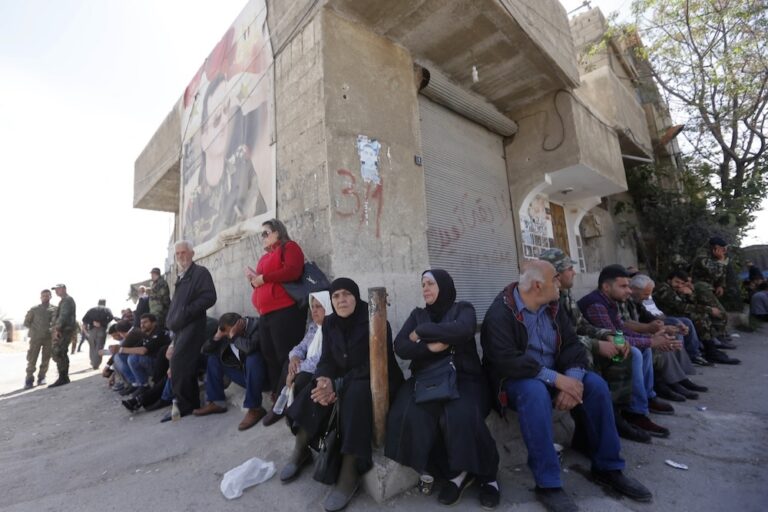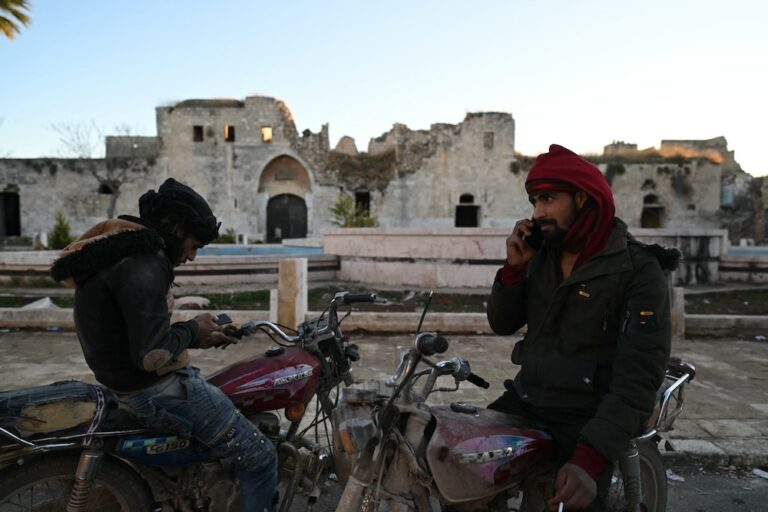This is part two of a four-part series on the men and women illuminating some of Syria's darkest regions, often at grave personal risk.
Part Two: Eye on the Homeland (@aenalwatn)
On 30 October 2015, two Syrians were found slain in an apartment in the Turkish city of Urfa near the Syrian border. Their names were Ibrahim Abd al-Qader and Fares Hamadi, and they both worked for an independent Syrian media collective based in Urfa called Eye on the Homeland.

Like the anonymous group Raqqa is Being Slaughtered Silently (RBSS), which we featured in the first instalment of this series here, Eye on the Homeland was born out of the Syrian revolution and campaigned heavily against both Daesh and the Assad regime. While they, too, began by reporting from Raqqa, according to their website they now have anonymous activists reporting from almost every city in Syria, whether rebel-held or controlled by regime forces.
The two collectives’ commonalities run even deeper. As well as being the executive director of Eye on the Homeland, Ibrahim Abd al-Qader, 20, was also an early member of RBSS, and was publicly mourned by both organisations.
It wasn’t long before Daesh claimed responsibility for the young men’s murder, indicating that their reach exceeded well beyond the borders of Syria.
In conversation with IFEX, Ahmed, one of the founders of Eye on the Homeland and Abd al-Qader’s brother, spoke of the incessant death threats he and his family received in the aftermath of the murder. “Ever since the day he died and until this moment, threats are pouring down on us,” he said. “Every minute, a death threat.”
Eye on the Homeland seeks not only to inform the international community of the events unfolding in Syria through its website and over social media, but to keep those still living inside Syria informed as well. As many areas in Syria can go weeks without electricity, the collective distributes hard copies of their biweekly newsletter to whatever areas in Syria they can access, often at grave personal risk.
Eye on the Homeland’s social media pages went quiet for a week after the young men were found dead. People wondered whether they had shut down, whether the murders had forced them to retreat. But Ahmed had no intention of giving up. He took to Facebook to reassure friends and followers. “I will not give up. Eye on the Homeland is here to stay, and to grow. Our newsletter will be published as scheduled.”
What keeps you going?




